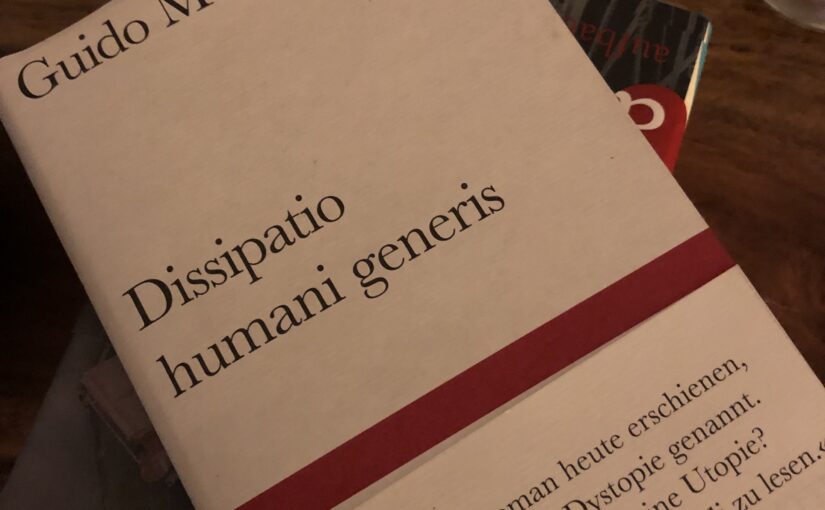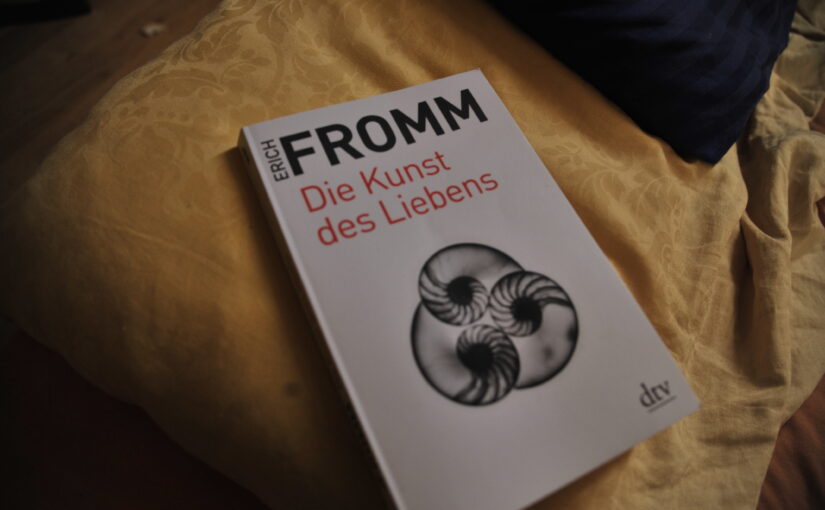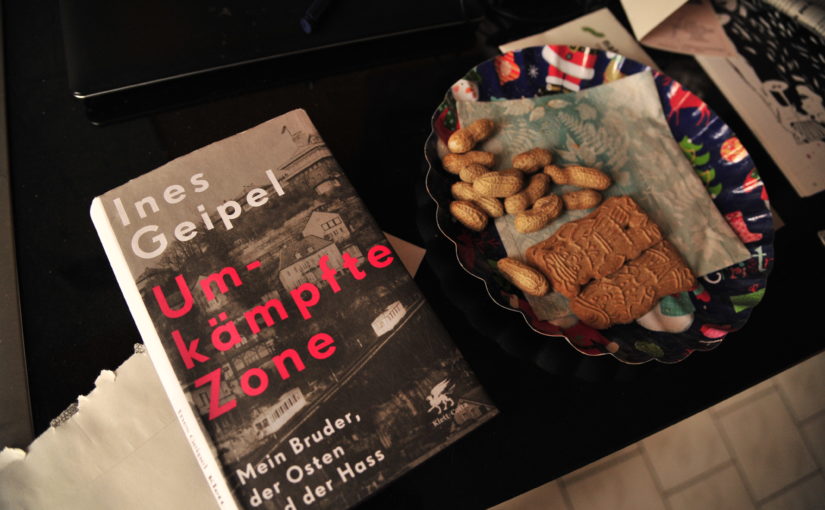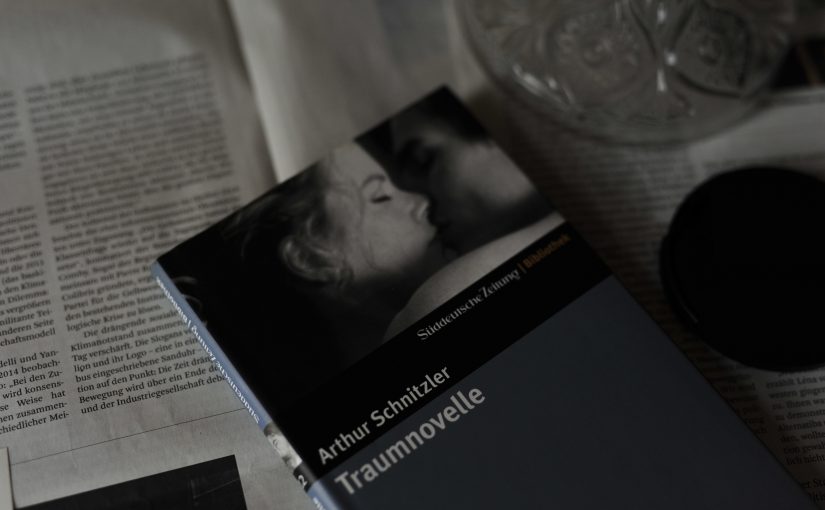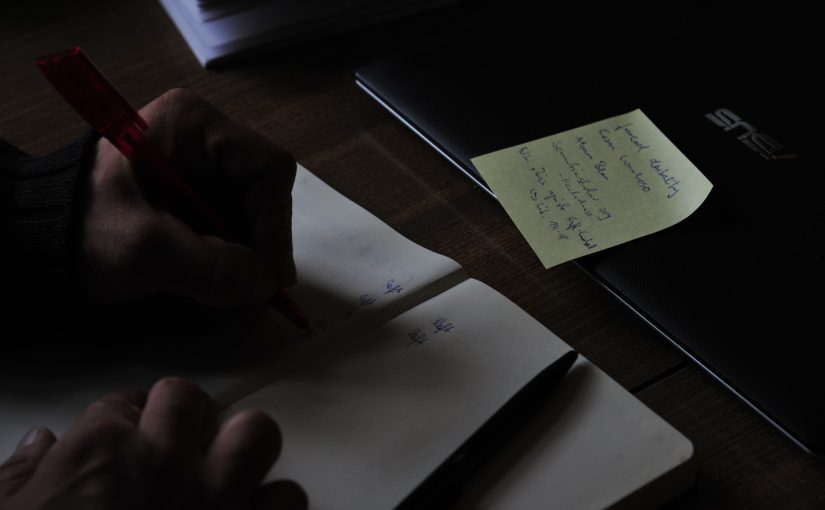Before we start: I will not use footnotes or state my sources on every corner, this is not a scientific thesis in the end. Some of the science is not fully researched or there is very little data I have access to, especially when it comes to the topic of forced right-handedness (there is no to little science available on this). Also, the topic of laterality is not a quite common one especially when it comes to influence of handedness on individual characteristics of a person, there are only hints and signs as I´d call it. I have some of it ready though, so if you want to know and do some digging on your own or if you want to test me please do so, I´m always happy to share knowledge, am grateful for confrontation or up for some scientific fighting.
And a last one. I´ll mark important sentences with – at the beginning and end.
Ok? Then lets get this thing on the road.
Construction of the human brain
The stuff that comes now is scientifically backed knowledge, you can start on Wikipedia under ‘brain laterality’ and click through. It´s actually quite interesting how this knowledge was gained, go check it out.
The human brain consists of two hemispheres, a left and a right one (I´ll abbreviate them as LH and RH from now on) which are connected via the corpus callosum, strings of nerve fibers. – The hemispheres are organized counterlateral meaning that stimuli on one side of the body are processed by the opposite hemisphere and that impulses to the muscles are sent from the opposite hemisphere – , this also applies to eyes ans ears (although this is a bit more complicated to explain). Besides these physiological functions the two hemispheres have different specializations and areas of responsibility which cover all tasks that the brain performs: reception, processing, reaction and retrieving stored knowledge. The corpus callosum integrates sensoric inputs and outputs into coherent perception and behavior.
– The most fundamental difference between the two hemispheres is that the LH houses the analytical, logical thinking and works linear, meaning one step after the other, whereas the RH prefers synthetic, integral, holistic thinking which is simultaneous and rich in associations. – From these two very different ways of processing specific functions of each hemisphere can be derived. Apart from that the LH tends towards an optimistic view of the world and vice versa (You also wonder how they find that out? Go exploring and start with “Deglin”, “Geschwind” or “Norman” and “brain damage”).
The centre of speech is normally located in the LH. Practice and science shows that the ability to use speech verbally as a reliable tool is responsible for the development of certain characteristics of a person especially concerning social interactions. To anticipate a bit, this becomes important later because a left-hander who is forced to be a right-hander overuses his LH and the centre of speech can be impeded in its development.
To get a bit closer to the topic, in each person there is a dominant hemisphere and this defines whether you are a right-hander or a left-hander. More precisely, this also (but not with a 100% certainty) extends to feet, eyes and ears, so the correct term would be left- or right-sider, but I´ll stick to -hander. This is an either-or, there is no such thing as a born mixed-hander or born ambidextrous person, people who consider themselves as such are most likely forced right-handers. But I´m not saying that true ambidexterity can´t be achieved, meaning that you can do things with either hand in the same quality as with your strong hand, through training it can be possible, but honestly, whats the point, except for some very special situation and you have to tell me one because I can´t think of any.
Time for a statement, but don´t throw anything at your screen now, keep calm.
Statement: Ambidexterity is not an advantage, it is a handicap, in some cases even a very vicious one because ambidexters think that this puts them above others but in the end they are part of a very sad story.
We are all born with a clear preference for one side of our body and you can do things more precise, more forceful, faster and with lower reaction time with this side only. Time you spend for training the weaker one could have been used for other things and whats much worse than that is that your brain is overused and this WILL impede other functions.
I know that if you consider yourself ambidextrous this is tough to swallow and you may scold me for it but believe me, I´m not talking bullshit here. I´d consider myself ambidextrous to some degree but its all mundane tasks and pretty much worth- or senseless in normal life. But I can cope with this perfectly, it´s all fate and in the past, bla bla.
Next time I´ll talk about domination.

